During last week’s excruciating Oval Office make-nice between an insultingly buddy-buddy American President and a fraudulently obsequious New York City mayor-elect, the contest was over which pol was the more patronizing. At one point Trump graciously granted his petitioner permission to call him a “fascist” while clearly implying the guy’s OTT campaign rhetoric had been embarrassing. Donald Trump sat regally on his throne, patting Zohran Mamdani’s arm while commending “Attaboy!” as if petting a golden retriever that had fetched a ball.
For his part, Mamdani stood mutely by the Resolute desk with cartoonish humility, hands over crotch. This cowed performance of beta-male submission was meant to disguise who’d got a leg over whom. Pilloried by Trump as “a communist lunatic” for months, Mamdani had requested this encounter in the hopes of neutralizing Trump’s repeated threats to withdraw federal funds from the Big Apple should New Yorkers elect this proudly socialist child star. Improbably, Mamdani seems to have achieved his mission, though were the public privy to the fawning private flattery that no doubt fostered Trump’s climbdown, we’d have lost our lunch.
Ostensibly, what made these polar political opposites attract was not only mutual concern for New York, but mutual obsession with the buzzword we’ll hear relentlessly approaching the midterms: “affordability.” It’s the latest term for nothing new: the fact that most Americans feel skint. The sensation is intensified by persistent inflation of 3 percent, which may sound meagre but which will halve the buying power of a currency in 24 years. Mamdani is from a wealthy family en route to a literal mayoral “mansion,” and Trump is busy padding his fortune with questionable side hustles; neither is personally worried about the price of milk. That makes pretending to worry on the electorate’s account all the more urgent, so naturally both candidates ran on the promise of bringing down prices.
Despite his pre-Thanksgiving declarations that thanks to your new President the holiday’s tradition of grotesque overeating is cheaper this year than last – it isn’t – Trump’s approval rating has slumped to the low 40s, in part due to the public’s incredulous sticker shock during every visit to a supermarket.
Yet barring the disastrous embrace of a Soviet-style command economy, no president is in a position to lower the price of sweet potatoes. Mamdani’s widely derided solution of putting a government-run grocery in each of the five New York boroughs is bound to fail both practically and economically, in the unlikely event that the policy ever gets off the ground.
Just physically, the prospect of a single supermarket selling reduced-price food to millions of people makes my head spin; customers in the miles-long queues would kill each other before anyone ever reached the cucumbers in aisle two. Economically, even if these shops built on rent-free public land and reaping no profit were to proliferate, they would put privately run shops out of business, tanking the sector and resulting in those notorious “food deserts.” Besides, running supermarkets is hard – no, Kamala, the problem of high food bills isn’t “price gouging”; US groceries operate with a typical profit margin of 1.6 percent – and government pretty much sucks at doing anything, even stuff that should be super easy, such as giving other people’s money away.
“Affordability” is the latest buzzword for nothing new: the fact that most Americans feel skint
It’s not as if government is helpless to ameliorate popular financial distress. But here’s my theory: politicians continually promise to solve economic problems over which they have no control, while refusing to address economic problems over which they have significant control. Trump’s claiming credit for a reduced price of eggs was absurd. Eggs grew expensive in the first place due not to presidential decree but to bird flu, which slowed over the summer. Both New York City and the White House contend with enough serious problems that neither should be issuing 25-cent-off coupons for tinned tomatoes. Mamdani’s victory speech was wrong: there really are issues too small for government to concern itself with.
By contrast, the price of housing – on which a third of Americans spend more than 30 percent of their income and in comparison with which a supermarket shop is a mere bagatelle – is very much down to government. In both Britain and the US, the demand problem is directly due to mass immigration, really the sole source of population growth, which neither country has built enough additional residential dwellings to accommodate. Likewise in both countries, the supply problem is overwhelmingly due to an obstructive kludge of over-regulation, often at the local level. Thus Mamdani rightly campaigned on lowering exorbitant housing costs, though his proposal to freeze rents of apartments over which the city exerts control would only make private rents even stiffer. Rather than opt for such a destructive quick fix, he might have vowed to scythe the thicket of rules and mandates that make building anything in New York an arduous, expensive, time-consuming exercise in form-filling compliance. But then the sedulous culling of regulations would be dreary, dragged out, undramatic and difficult. No fun.
Otherwise, what pains punters in both countries is inflation, with which wages struggle to keep up (and if they do, inflation rises still further). Lavish government overspending directly exacerbates a currency’s loss of value. If Trump really cared about affordability, he’d never pass “big, beautiful” bills, swelling a national debt that just rose an astonishing $1.4 trillion in a single quarter.
In a free market, the state can’t magically lower the price of cornflakes. It can confiscate more or less of our money. But the economic influence politicians genuinely wield is often painfully incremental – too slow and minimal to win votes. So rather than make household expenses slightly more affordable, they promise to “lower prices” not in their gift, while piling on ever more control freakery that drives bills sky high.



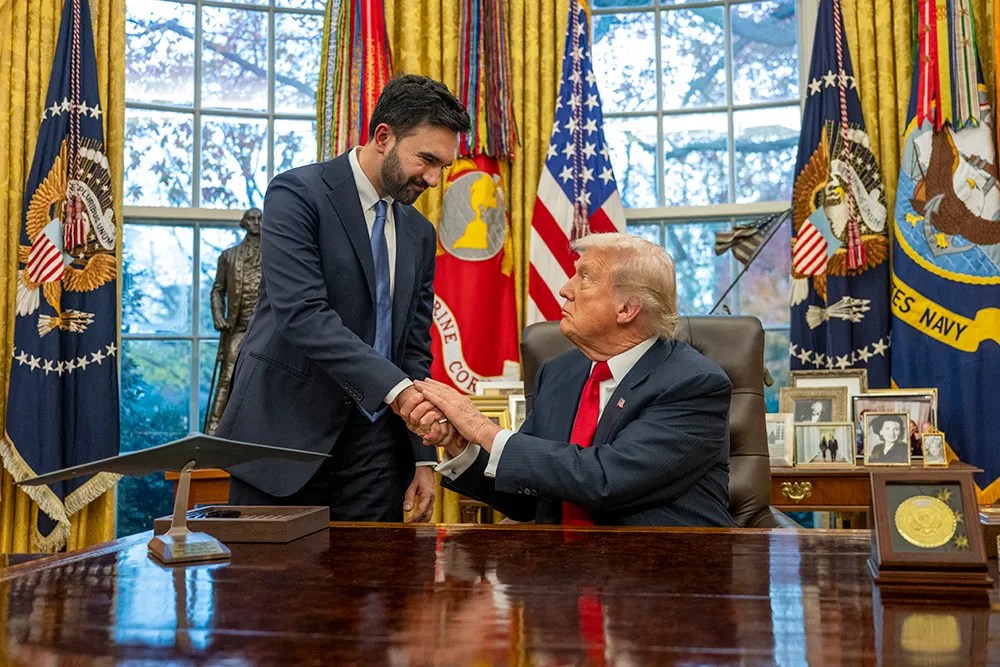






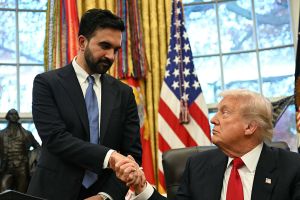



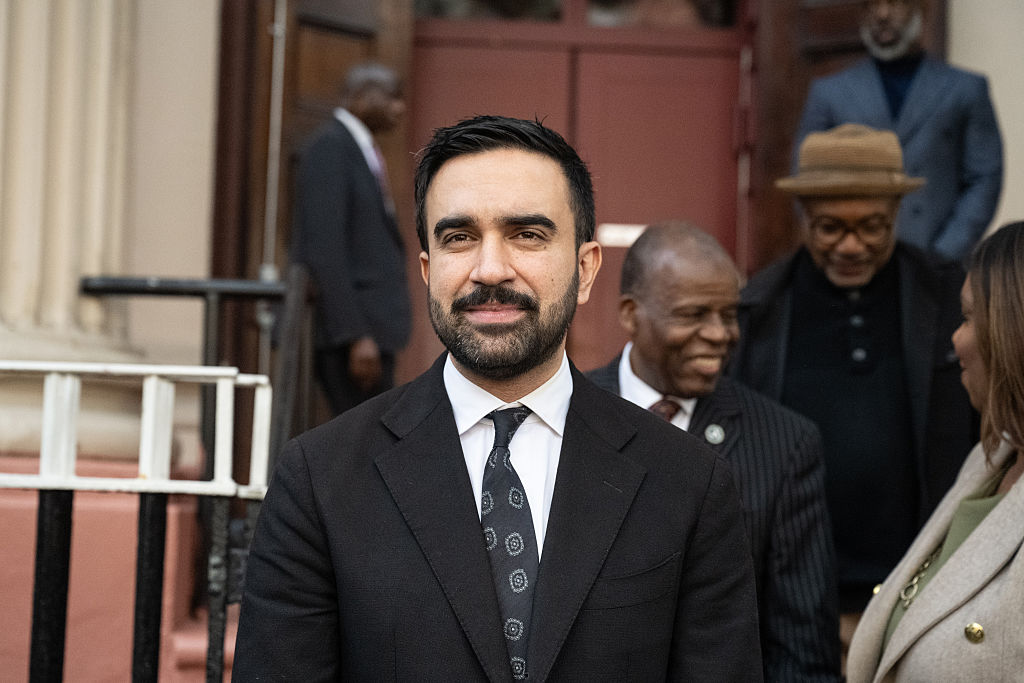
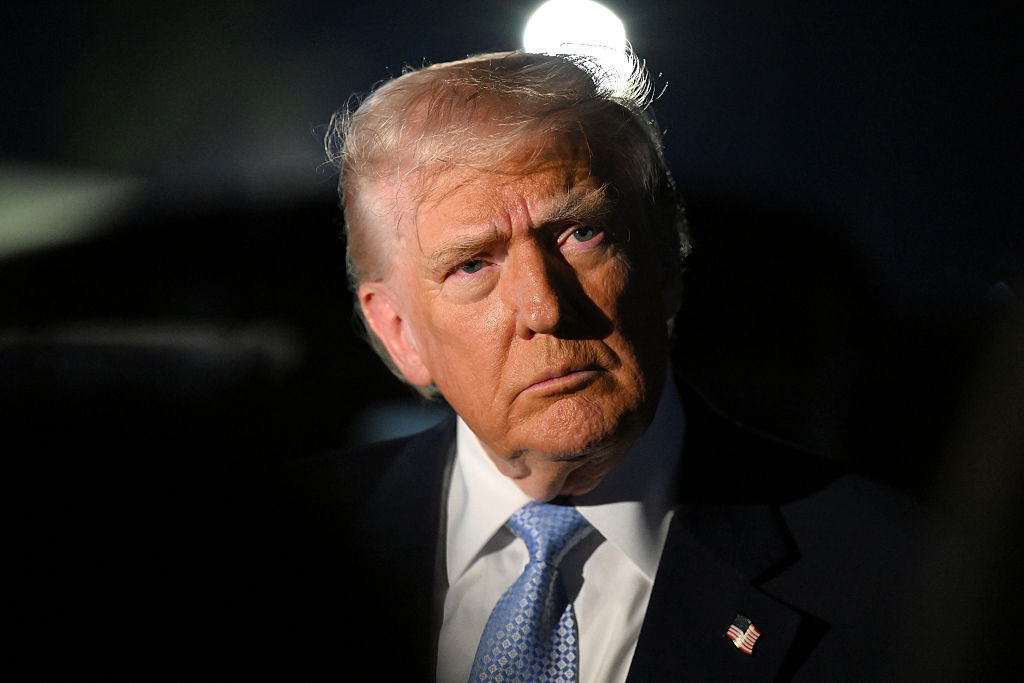

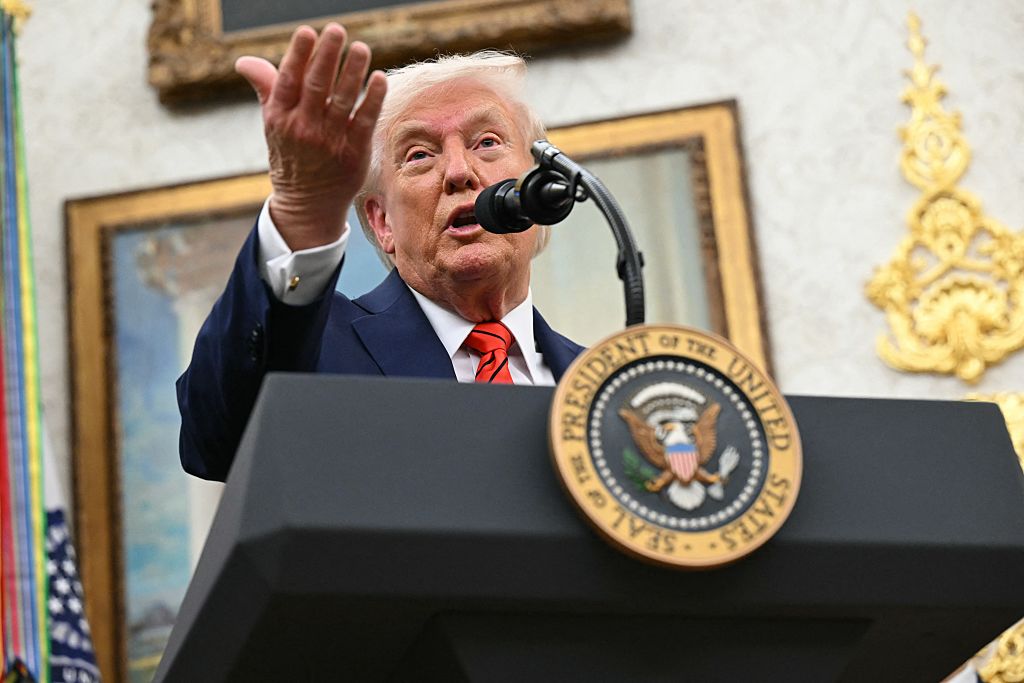








Leave a Reply